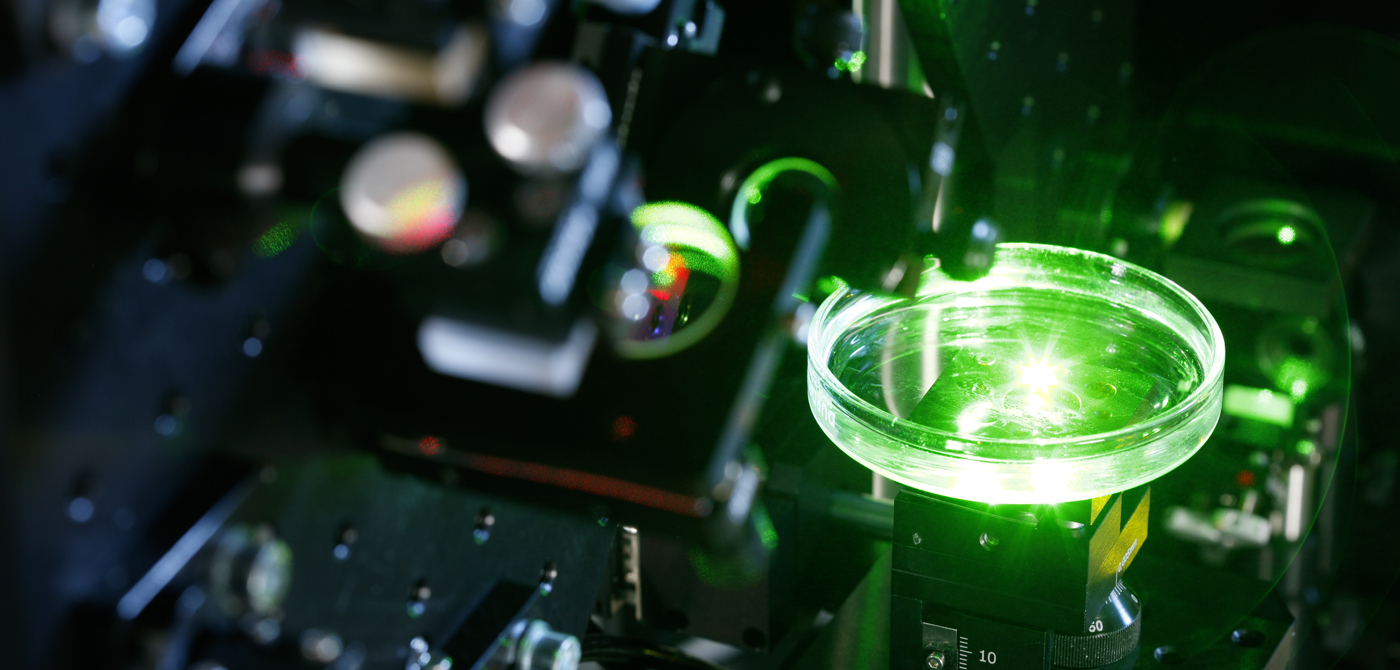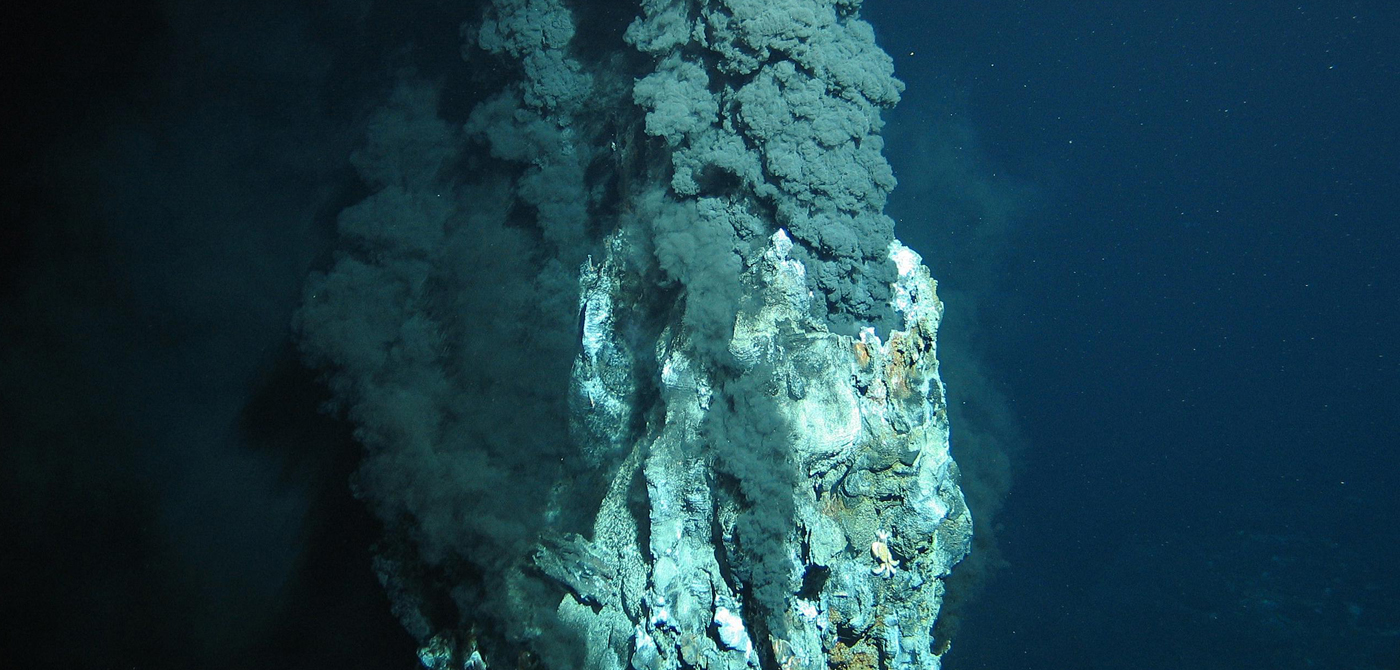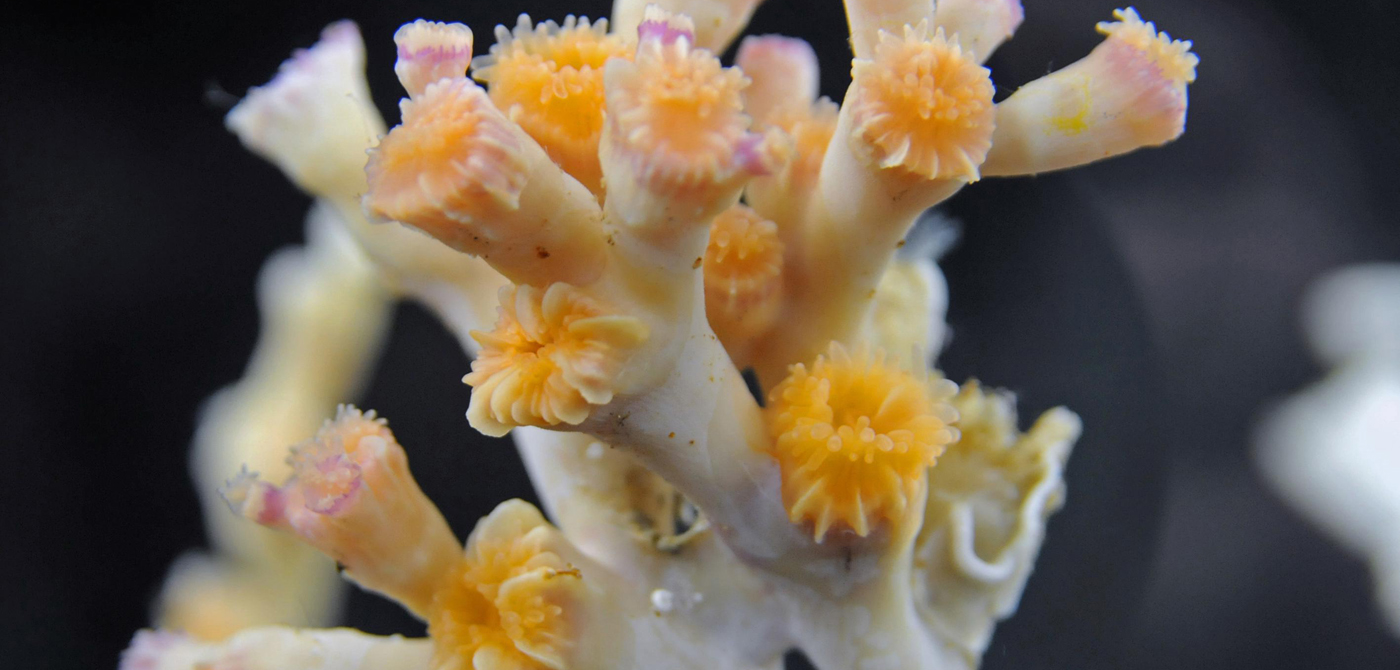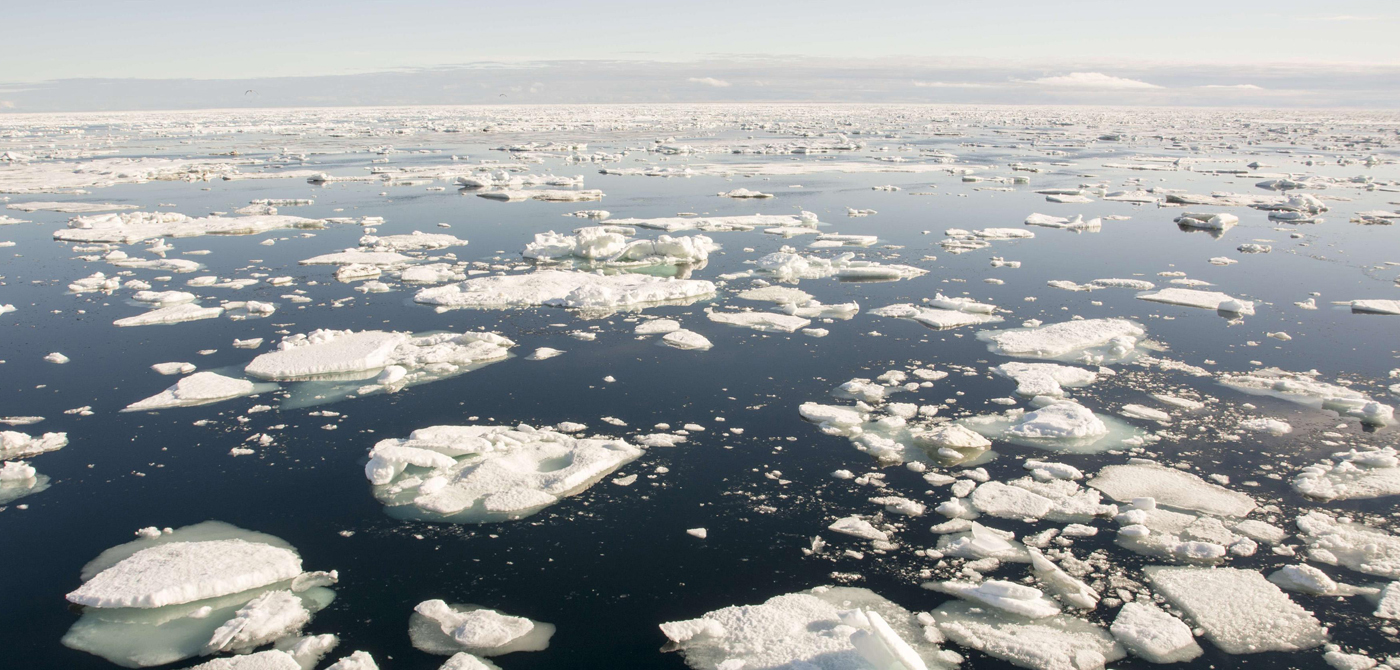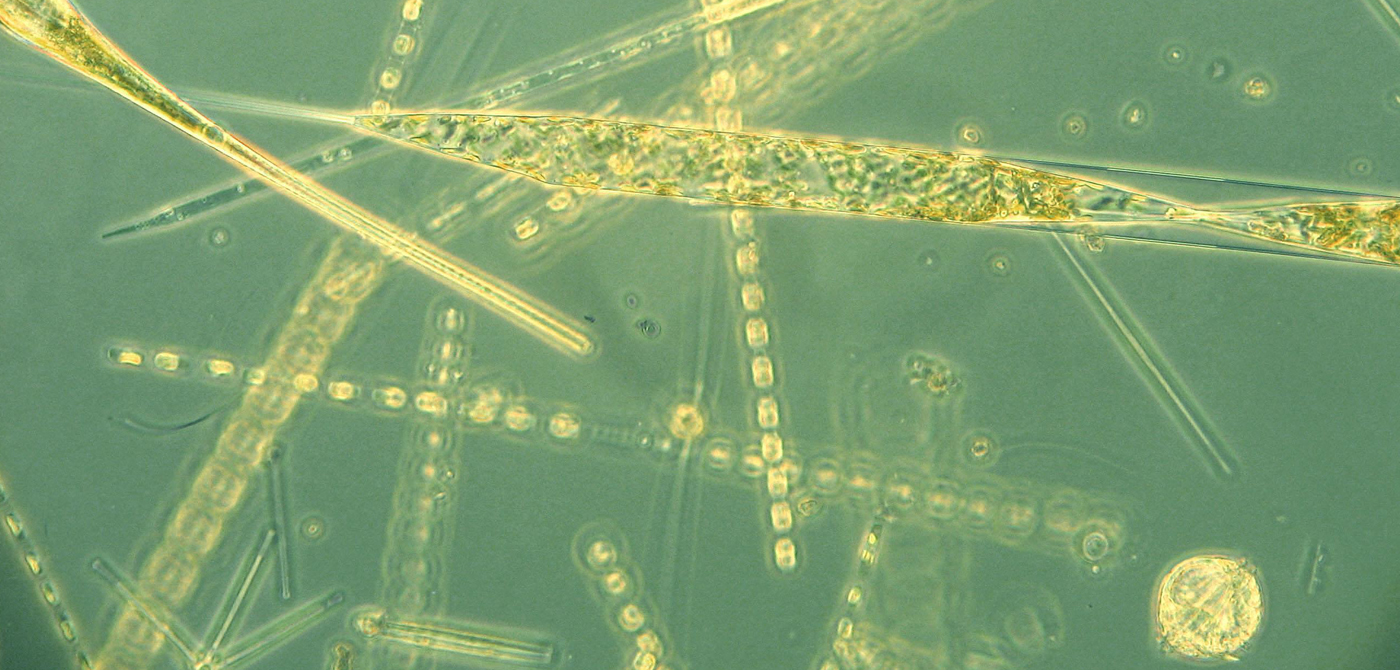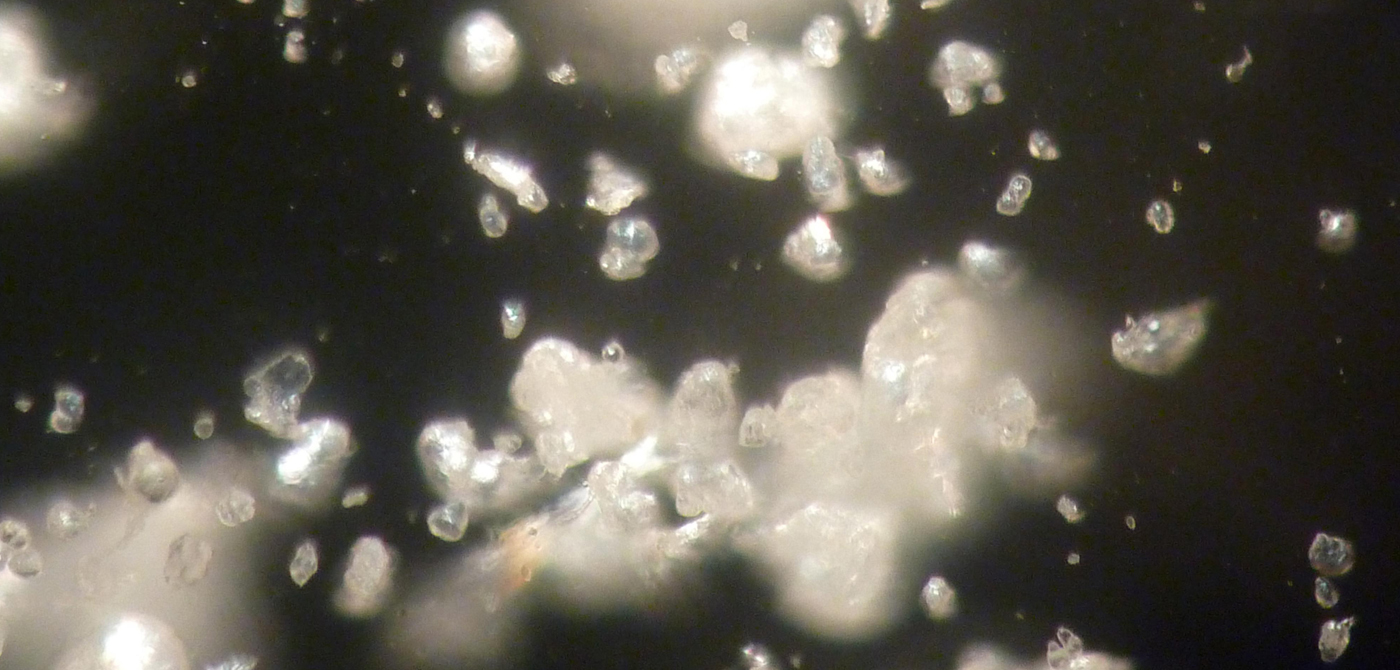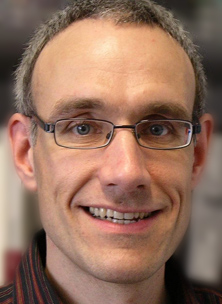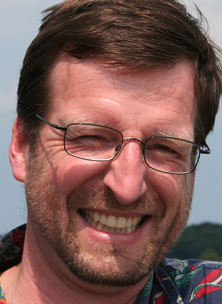Overview
The semester topic initiates with the organization of a conference session at the European Geosciences Union General Assembly in Vienna. In the summer term 2015, a series of lectures, workshops and side events on the topic ‘Ocean Interfaces’ will take place and the semester topic will finish with the co-organization of the SOLAS Open Science Conference (Surface Ocean Lower Atmosphere Study) as a suitable international platform to discuss aspects of ocean-atmosphere coupling.
Contact: Anke Schneider, schneider@phc.uni-kiel.de
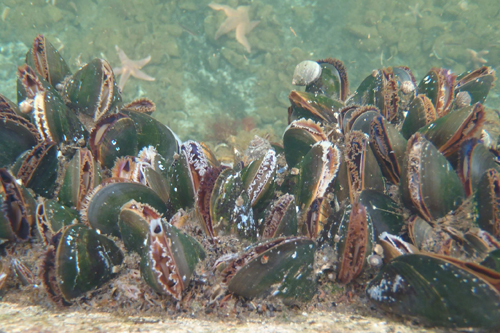
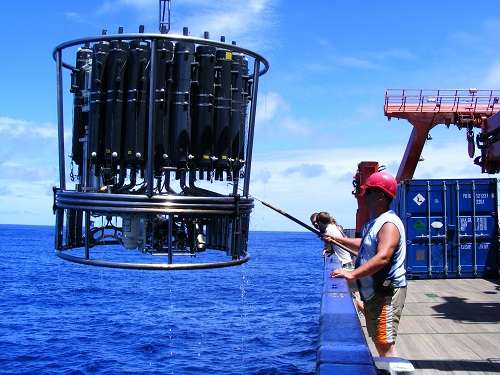
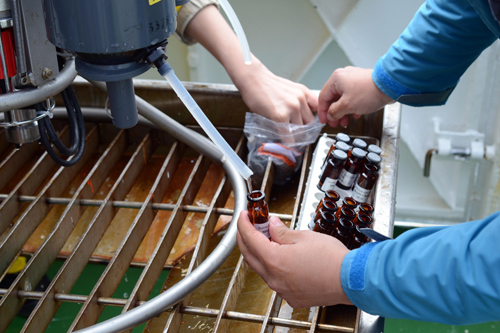
Dates
Lecture Series
Ocean Interfaces - From nanoscales to the global impact
|
Name (Affiliation) |
Date/Time Location |
Title |
|
Prof. Martin Wahl (GEOMAR Helmholtz Centre for Ocean Reseach Kiel) |
19.05.2015/17:00 Lecture hall, GEOMAR (westshore) |
"Der Ozean in klein: Klimawandel in einem Wassertropfen?" |
|
Prof. (em.) Michael Grunze (University of Heidelberg) |
26.05.2015/17:00 Lecture hall, GEOMAR (westshore) |
„Wie Mikroorganismen Schiffe bremsen“ |
|
PD Dr. Frank Melzner (GEOMAR Helmholtz Centre for Ocean Reseach Kiel) |
16.06.2015/17:00 Lecture hall, GEOMAR (westshore) |
„Warum der Ozean saurer wird und was die Muscheln dazu sagen“ |
|
Dr. Oliver Wurl (Institute for Chemistry and Biology of the Marine Environment, Oldenburg University) |
30.06.2015/17:00 Lecture hall, GEOMAR (westshore) |
„Marine Oberflächenfilme – Wo sich Ozean und Atmosphäre treffen“ |
|
Prof. Peter Liss (University of East Anglia, UK) |
02.07.2015/17:00 Wissenschaftszentrum |
“The Case of the Oceans’ Plankton” |
|
Prof. Erik Zettler (Sea Education Association, Woods Hole, USA) |
09.07.2015/17:00 Lecture hall, GEOMAR (westshore) |
“Life in the Plastisphere: Global impacts of microbial interactions on marine plastic waste” |
|
Prof. Hans Joachim Schellnhuber (Potsdam Institute for Climate Impact Research) |
09.09.2015/16:30 Audimax |
„Menschheitserbe Meer: Seine Bedeutung, unsere Verantwortung“ |
Contact: Anke Schneider, schneider@phc.uni-kiel.de
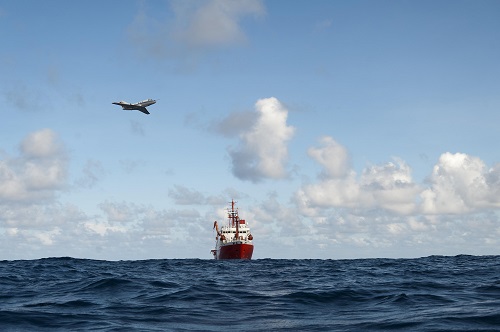
TECHNICAL WORKSHOP
Marine Applications and Perspectives of Cavity Enhanced Optical Detection Schemes
Spectroscopy and Cavity Enhanced Absorption Spectroscopy in Ocean Sciences emerges as a promising new tool for many marine research applications. In particular, the availability of robust and user-friendly commercial instrumentation facilitates the implementation of such analyzers into first ocean-going field experiments. However, single-site trace gas detection, continuous isotope studies and autonomous monitoring applications require a thorough testing and validation of the precision and accuracy of the instruments under harsh operating conditions. Additionally, the need for direct analysis of seawater samples and the utilization of water-air or other equilibration systems constitute challenging measuring conditions that push the new technique to its limits. With more and more researchers getting involved and with first marine-related papers being published, it is time to bring together international experts in this field to critically discuss and review strengths and weaknesses of this method. The participants of the meeting will contribute to a review article highlighting their previous and ongoing work. The review article ‘Marine Applications of Cavity Enhanced Optical Detection Schemes’ will be published in an international journal.
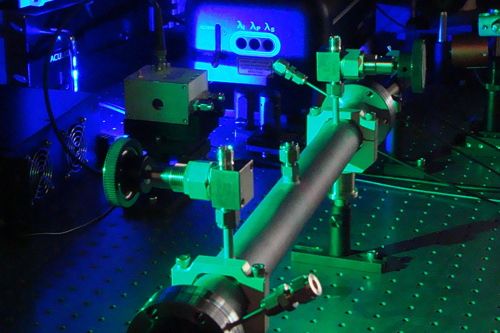
Topics of the workshop with several talks (see programme) will be:
1. Intercomparison Studies
2. Field performance
3. Isotope Analysis
4. Emerging Marine Applications
Additionally there will be two highlight talks on:
• ‘New developments and applications of cavity enhanced spectroscopies: from optical physics to healthcare’ (Grant Ritchie, University of Oxford, UK) and
• ‘Cavity enhanced detection in liquids using waveguides’ (Hans-Peter Loock, Queen's University, CA)
Contact: Anke Schneider, schneider@phc.uni-kiel.de
MICROLAYER WORKSHOP
The Ocean Surface Microlayer and Biogeochemical Feedbacks in the Earth System
The global relevance of processes taking place on microscales is often related to their ability to influence or even trigger biogeochemical feedbacks. The workshop will focus on processes at the ocean-atmosphere interface, and aims to investigate and better constrain its role for the earth system. As environmental change modulates biogeochemical feedbacks, the effect of warming, acidification and eutrophication will be critically discussed. The results of the workshop will be summarized in a white paper.
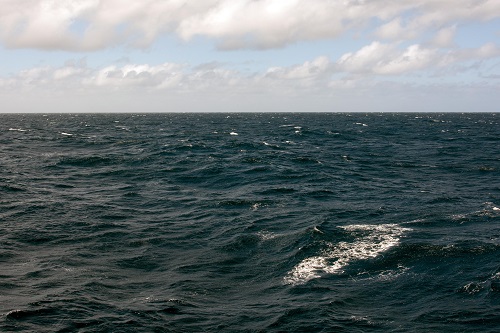
Topics of the workshop will be:
1. Sea Surface Microlayer Characteristics – Physical, biological, chemical
2. Gas exchange processes
3. Aerosols – Production and emission
4. Advanced & remote methodologies
5. Interactions in a changing climate / Anthropogenic forcing
6. Modelling of processes across the sea surface microlayer
For each of the six topics there will be an overview talk, highlighting recent developments and unresolved questions, as well as a topical talk, which controversially discusses novel approaches, methods or visions.
The Ocean’s surface microlayer: Interface of marine and atmospheric disciplines
As part of the semester topic “Ocean Interfaces” the three-day workshop “The Ocean Surface Microlayer and Biogeochemical Feedbacks in the Earth System” was held on July 1-3 in the Wissenschaftszentrum Kiel. During the poster session on the first day and 12 keynote lectures on the second day, the diverse research within the field of microlayer science was presented by 40 national and international experts. On the last day, lively discussions took place in three breakout groups with the foci: “Surface microlayer characteristics”, “Exchange of gas, heat and momentum across the microlayer” and “Role of the microlayer for production and properties of aerosols”. Research priorities, linkages between disciplines as well as open questions and challenges were developed in these groups. As basis and road map for future collaborative research, the outcome of the workshop will be summarized and published in a white paper.
Contact: Anke Schneider, schneider@phc.uni-kiel.de
EGU special session

PICO BG3.5 (OS co-listed) Session: 'Ocean Interfaces'
Large scale changes in the ocean are often driven by small scale processes mediated by interfaces between various compartments such as sediment/ocean, ocean/atmosphere (e.g., SOLAS science), cell/seawater and particle/seawater interfaces. However, the underlying processes and mechanisms occurring at the ocean interfaces are largely unknown and therefore their impact on large scale changes is difficult to predict. This session will bring together experimentalists and modelers from chemistry, biology, geochemistry and physical oceanography to discuss the latest developments of the investigation of the accumulation, transformation and transport of climate-relevant substances at and across the different ocean interfaces.
2-Minute-Madness (Chairperson: HW Bange, G Friedrichs) and PICO Viewings
Schedule: http://meetingorganizer.copernicus.org/EGU2015/pico/17674
Abstracts: as pdf
Presentations
Sum-Frequency Generation Spectroscopy for Studying Organic Layers at Water-Air Interfaces: Microlayer Monitoring and Surface Reactivity
Kristian Laß, Joscha Kleber, Hermann Bange, and Gernot Friedrichs
Interfacial Water Structure from Freshwater to Saltwater Brines
Paul Covert, Kailash Jena, and Dennis Hore
Investigating the pathway for the photochemical formation of VOCs in presence of an organic monolayer at the air/water interface.
Liselotte Tinel, Stéphanie Rossignol, Raluca Ciuraru, and Christian George
Linking the Presence of Surfactant Associated Bacteria on the Sea Surface and in the Near Surface Layer of the Ocean to Satellite Imagery
Bryan Hamilton, Cayla Dean, Naoko Kurata, Alex Soloviev, Aurelien Tartar, Mahmood Shivji, William Perrie, and Susanne Lehner
Utö Atmospheric and Marine Research Station - a new Baltic Sea ICOS-site for sea-atmosphere research
Lauri Laakso, Tuomas Laurila, Timo Mäkelä, Juha Hatakka, Tero Purokoski, Riikka Hietala, Tuomo Roine, Pertti Jämsen, Sami Kielosto, Eija Asmi, Harry Lonka, Pekka Alenius, Achim Drebs, Jukka Seppälä, Pasi Ylöstalo, and Timo Tamminen
Using eddy covariance and Earth observation products to investigate the Indian Ocean as a source/sink of trace gases to the atmosphere
Alex Zavarsky, Tobias Steinhoff, and Christa Marandino
Constraining the climatology of CO2 ocean surface flux for North Atlantic and the Arctic
Iwona Wróbel and Jacek Piskozub
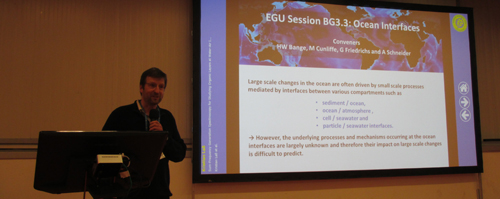
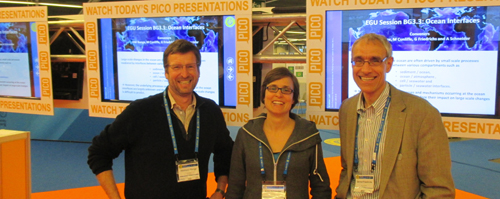
Contact: Anke Schneider, schneider@phc.uni-kiel.de
EXHIBITION MODULE
Last year the exhibition Future Ocean Dialogue successfully celebrated its premiere in Brazil: more than 20,000 visitors saw the exhibits of Kiel marine science at five locations in the entire country. This year the exhibits were presented to the public in Germany at Kiel University for the first time. This is not yet the end of the journey for the travelling exhibition: The next presentations in Germany and abroad are already in planning.
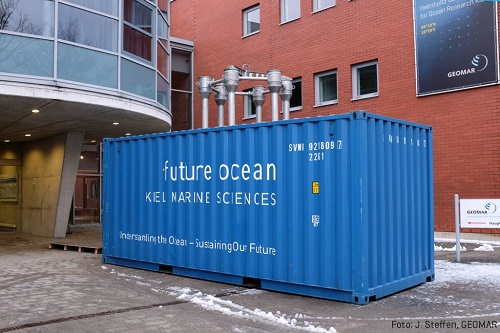
The new exhibition module “The Breathing of the Ocean”, which was developed as part of the Semester Topic “Ocean Interfaces”, demonstrates how the ocean takes up CO2 from the atmosphere and what would happen without the ocean.
The new module will be presented as part of the public exhibition during the SOLAS conference (September 7th - 11th , 16:00 - 18:30).
First tests for the exhibition module can be seen here.
Information about the exhibition : www.futureocean.org/dialogue
Contact: Anke Schneider, schneider@phc.uni-kiel.de
Surface Ocean Lower Atmosphere Study (SOLAS)
The international conference with approx. 300 attendees is part of the official 350th jubilee of the University and will take place in the Audimax from 7.-11. September 2015. The OSC is jointly organized with the SOLAS International Project Office in Kiel (E. Breviere, S. Kontradowitz) and the Local Organizing Committee:
Herrmann Bange, GEOMAR
Gernot Friedrichs, Kiel University
Christa Marandino, GEOMAR
Birgit Schneider, Kiel University
Emanuel Söding, ExCl Future Ocean
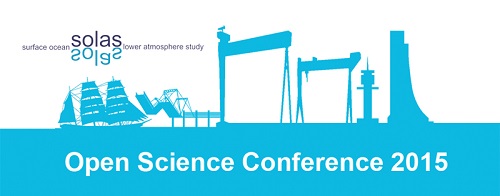
As part of the Semester Topic Lecture Series Prof. Hans Joachim Schellnhuber, the director of the Potsdam Institute of Climate Impact Research (PIK) will give a public afternoon lecture in German language with the title: „Menschheitserbe Meer: Seine Bedeutung, unsere Verantwortung“.
During the entire conference the public exhibition “Future Ocean Dialogue” can be visited in the Audimax. The new exhibition module “The breathing of the ocean”, that is being developed as part of the Semester Topic together with the Public Outreach group, will be presented for the first time.
